Climate Change in Africa
Africa is the most vulnerable continent to climate change, bearing the brunt of its consequences. Prolonged droughts, devastating floods, fires, and flash floods put millions of lives at risk, particularly in communities with limited capacity to adapt. These disruptions are driving a worrying surge in humanitarian needs, including public health needs.
The Impact of Climate Change in Africa
A Low Emitter, But Highly Affected
Although Africa is responsible for only 4% of annual global greenhouse gas emissions, it is paying a high price. Extreme weather events, such as droughts and unpredictable rainfall, disrupt livelihoods and particularly impact the most vulnerable groups, including women and children.
Multiple Crises Exacerbated
Climate change has intensified existing economic, social, and political crises, worsening population displacement. The World Bank estimates that by 2050, up to 216 million people could be displaced due to climate change, compared to 25 million today.
A Critical Impact on Agriculture
Agriculture, a pillar of Africa’s economy, is strongly affected by the impacts of climate change. Since 1960, agricultural yields have drastically declined. If global warming exceeds 2°C, food production could drop by 25% in countries such as Niger, threatening the food security of millions, especially in the Sahel, where two-thirds of the population rely on land for their livelihoods.
Health Impacts on Populations
Food Insecurity and Malnutrition
Food insecurity has reached critical levels. In 2023, 76.7 million people in East Africa suffered from hunger, while in West and Central Africa, this figure reached 47.2 million during the hungry gap.
- 16.5 million children under the age of five suffer from acute malnutrition, including 4.8 million suffering from severe forms.
- Global acute malnutrition has increased by 83% compared to the 2015-2022 average.
Climate-Sensitive Pathologies
Lack of access to clean water fuels epidemics like cholera and measles. According to the IPCC report, if global temperatures increase by more than 2°C, tens of millions more people will be exposed to vector-borne diseases such as malaria and dengue fever.
Furthermore, human activities such as deforestation and pollution contribute to the emergence of new diseases, including Ebola or Lassa fever.
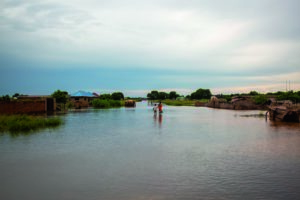
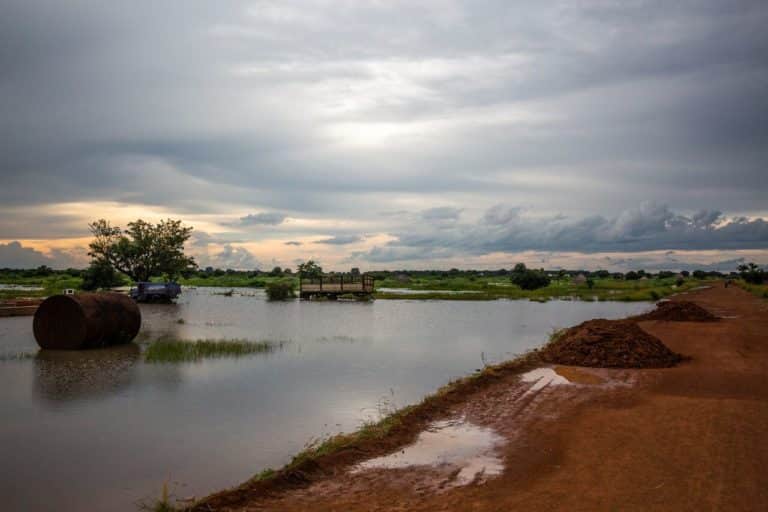
ALIMA’s Commitment to Climate Change
ALIMA is deeply committed to reducing the health impacts of climate change on vulnerable populations, while limiting its own environmental impact. In December 2021, the organization adopted an Environmental Roadmap, a groundbreaking first for an emergency medical NGO.
Concrete Actions
- Strategy implementation to decarbonise and adapt healthcare to climate change (renewable energies, waste, etc.).
- Annual measurement of its carbon footprint.
- Collaboration with the Climate Action Accelerator (CAA).
- Raising awareness and involving its partners in environmentally responsible approaches.
Reinventing Healthcare
As climate change exacerbates inequalities and threatens the health of millions, ALIMA is committed to protecting the most vulnerable communities by offering concrete solutions to mitigate climate-related impacts.
On the ground
Our latest news
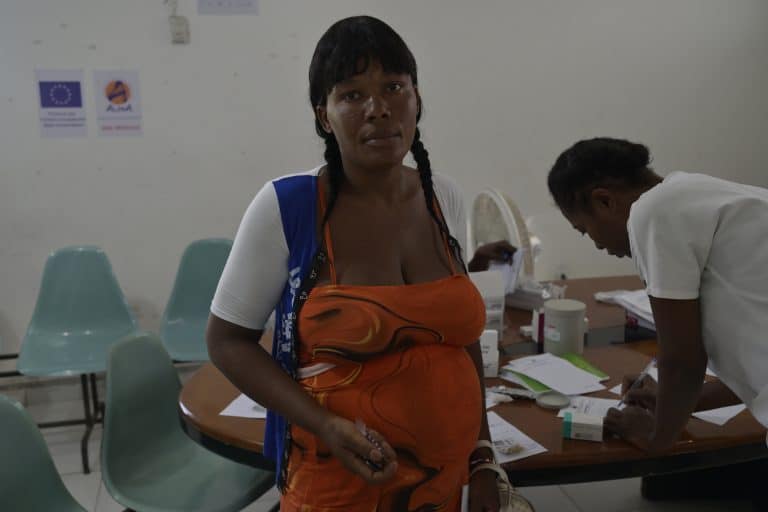
Chancerelles: A Historic Maternity Hospital Reborn Amid the Crisis
In Cité Soleil, a municipality of the Port-au-Prince metropolitan area weakened by years of armed violence and the absence of public services, the Isaïe maternity
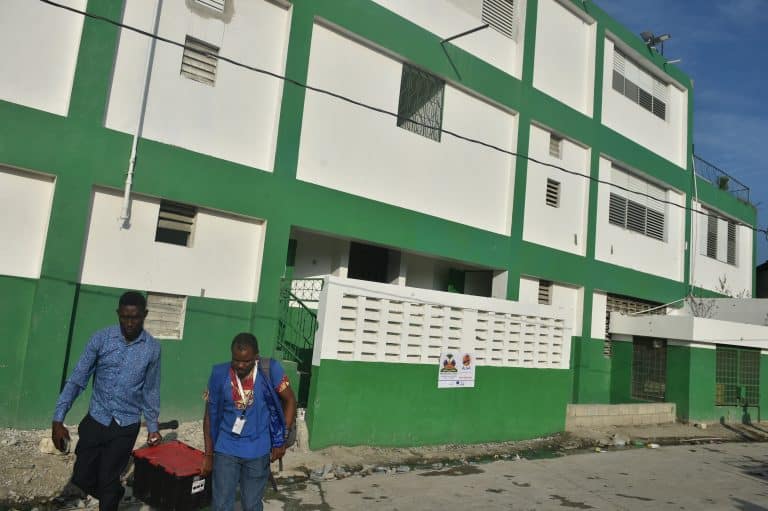
Port-au-Prince: In Cité Soleil, the CHAPI Hospital Comes Back to Life After Years of Neglect
In Cité Soleil, one of Haiti’s most vulnerable urban contexts, the CHAPI Hospital, located in the Boston area, is coming back to life after being
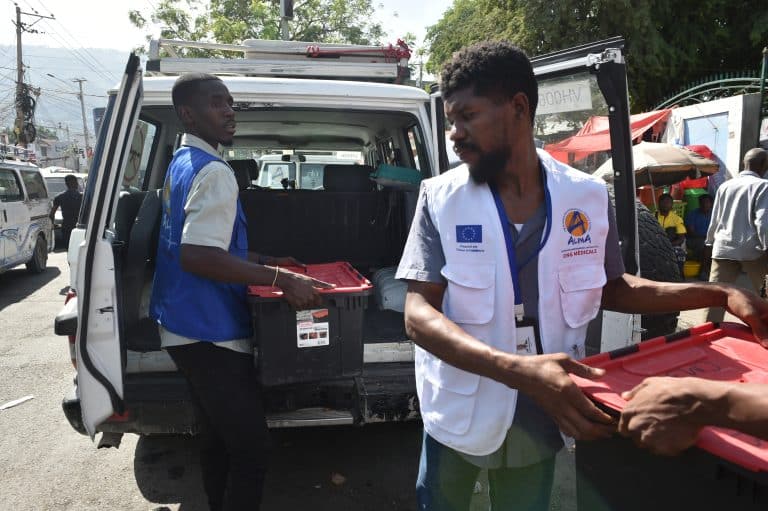
In Port-au-Prince Camps, Access to Healthcare Remains a Major Challenge for Displaced Populations
In Port-au-Prince, thanks to its mobile clinics and a strong network of community health workers, ALIMA is restoring regular access to healthcare for displaced populations,


